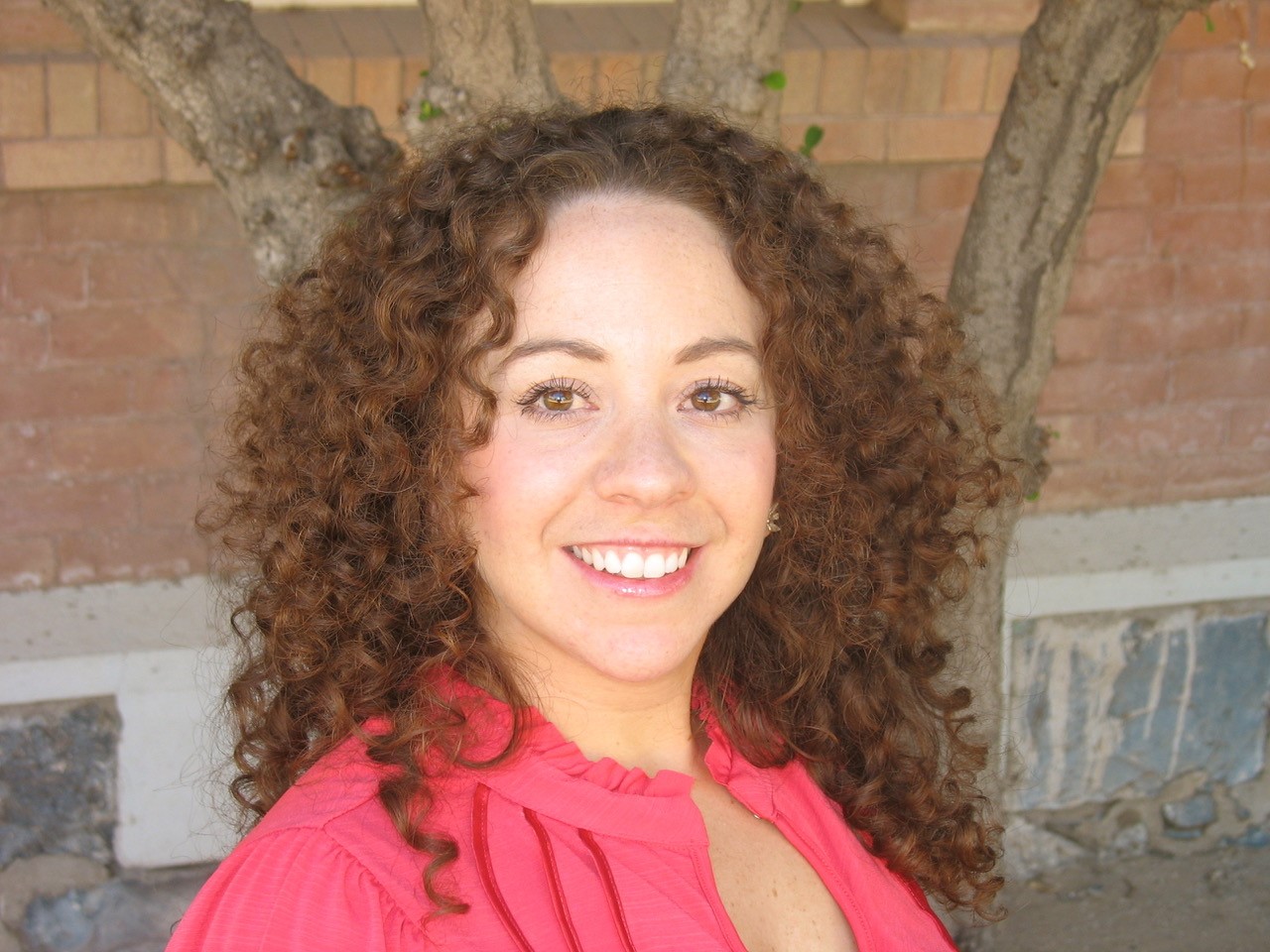For one scientist, engaging with the public is one of the more important—and rewarding—parts of her research.
Mónica Ramírez-Andreotta, PhD, an assistant professor in the Department of Soil, Water and Environmental Science at the University of Arizona often works with ‘citizen scientists’—everyday members of the public—to conduct research near hazardous waste sites or in environmental compromised areas, and monitor pollutants throughout the country.
By working with impacted communities, Ramírez-Andreotta and her team are not only able to better identify potential concerning pollutants, but also provide timely public health interventions/prevention strategies.
“The majority of my work is participatory or action-based research,” Ramírez-Andreotta said in an exclusive interview with R&D Magazine. “I work collaboratively with community members in the design and implementation of environmental health research projects.”

Mónica Ramírez-Andreotta, PhD
As part of her research, Ramírez-Andreotta is building citizen science programs to increase public participation in environmental health research. She does this by developing field kits and low cost environmental monitoring tools to improve exposure estimates and designing effective communication and data sharing strategies that will improve environmental health literacy.
Ramírez-Andreotta said she become interested in this type of science after “bearing witness” to social and environmental degradation in communities and learning that a disproportionate amount of communities that are near hazardous waste sites are populated by minorities and low-income residents that are typically linguistically and politically isolated and have limited access to information.
She said the term ‘environmental justice’ really sparked her interest.
According to the U.S. Environmental Protection Agency, the definition of Environmental Justice is “the fair treatment and meaningful involvement of all people regardless of race, color, national origin, or income with respect to the development, implementation, and enforcement of environmental laws, regulations, and policies”
“…Everyone should have equal access to clean air, water, soil and food and be able to successfully participate in the environmental decision-making process,” Ramírez-Andreotta said. “Environmental factors can lead to disease and these health inequalities are unfair. This injustice is my motivation.”
She leads several co-created citizen science research initiatives.
One, known as Gardenroots, began in 2008 and has since grown into a nationwide program. Ramírez-Andreotta created the project in response to home gardening concerns in the Dewey-Humboldt, Arizona community over possible metal contamination from the neighboring Superfund site. In addition to learning more about soil and plant quality, Ramirez-Andreotta and the Dewey-Humboldt, Arizona community discovered that the public drinking water supplier had arsenic levels exceeding the Maximum Contaminant Level set by the U.S. EPA’s Safe Drinking Water Act. This resulted in the Arizona Department of Environmental Quality issuing a violation to the water supplier.
Recently, Gardenroots expanded and now includes over 100-trained participants who have collected soil, water and plant samples near active or legacy resource extraction activities in Arizona, California, and Pennsylvania.
Another initiative Ramírez-Andreotta leads is called Project Harvest. The University of Arizona’s Project Harvest, in partnership with the Sonora Environmental Research Institute, Inc. is a co-created citizen science project investigating the quality of harvested rainwater as well as the quality of the soil and plants irrigated with it. With educational materials delivered by community health workers, more than 160 families living near sources of pollution have been trained to collect harvested rainwater, soil and plants samples. Together, over a three-year period, the team is co-generating a dataset that could influence guidelines and recommendations for safe, harvested rainwater use on gardens and support communities to safely and sustainably produce their own foods.
Ramírez-Andreotta explained that there has been a greater incidence of citizen science and community-engaged research efforts in recent years.
“Because there is a growth and movement towards citizen science or public participation in scientific research, you are seeing more partnerships establish and evolve. When these partnerships occur, you get this really nice blend of relevant issues combined with evidence-based local knowledge and research methodologies and protocols,” she said.
Due to her work with communities affected by pollution, poor water quality and/or food insecurity, Ramírez-Andreotta was awarded the American Association for the Advancement of Science (AAAS) Early Career Award for Public Engagement with Science at the 2019 AAAS Annual Meeting.




